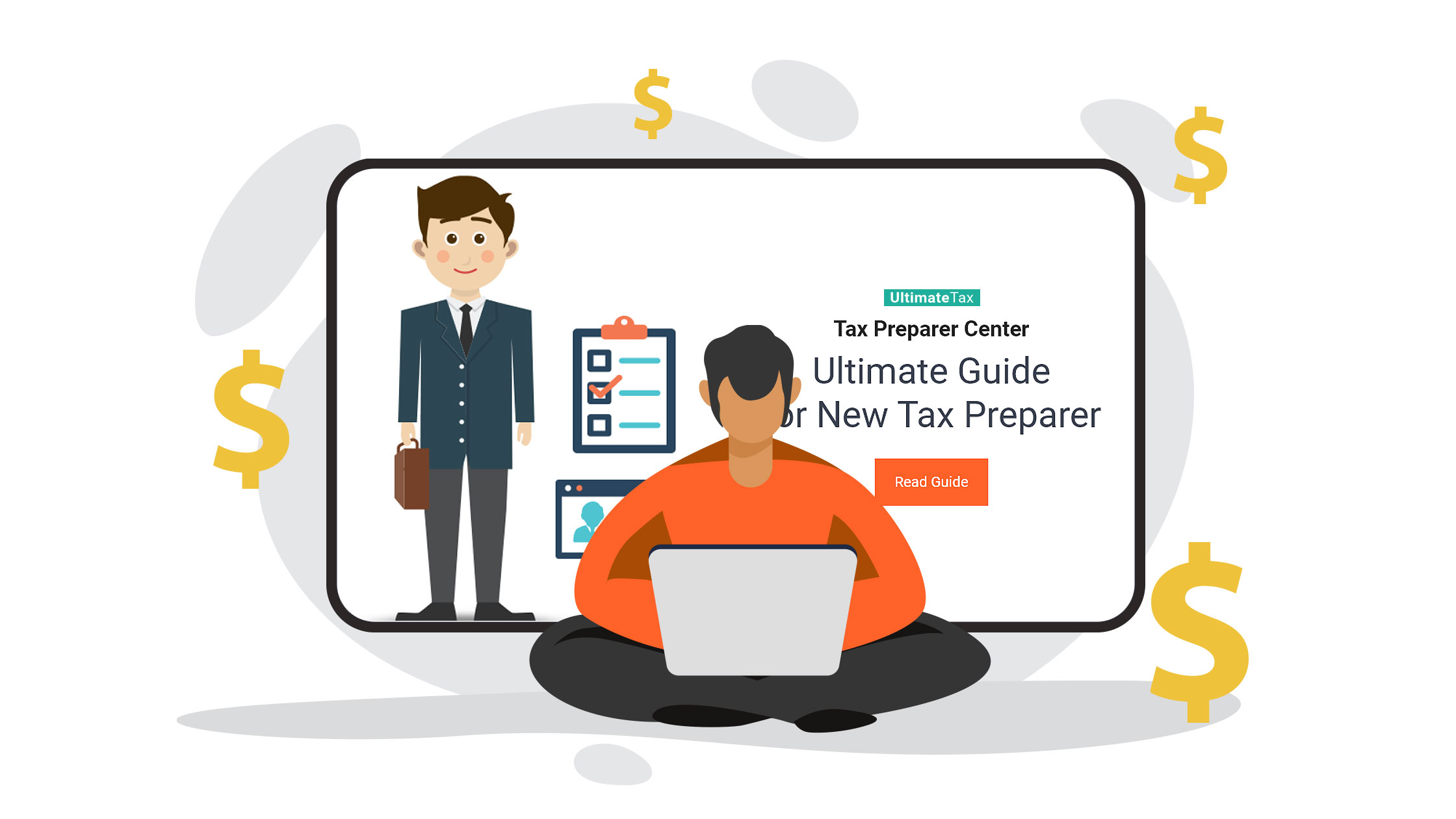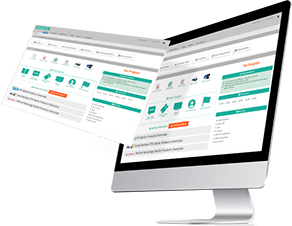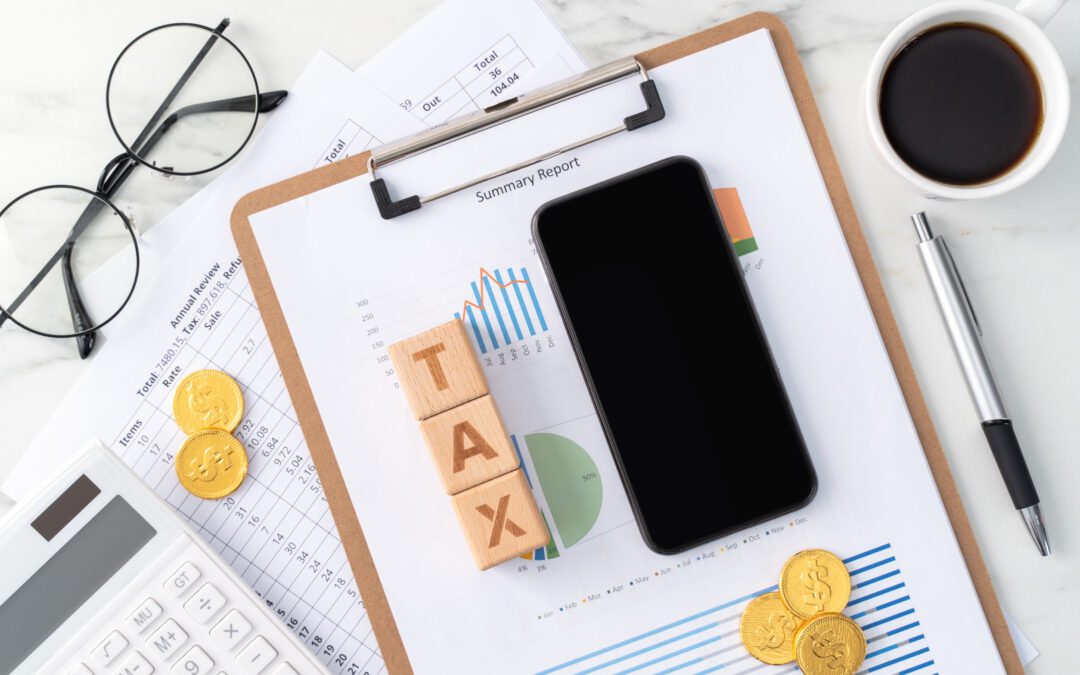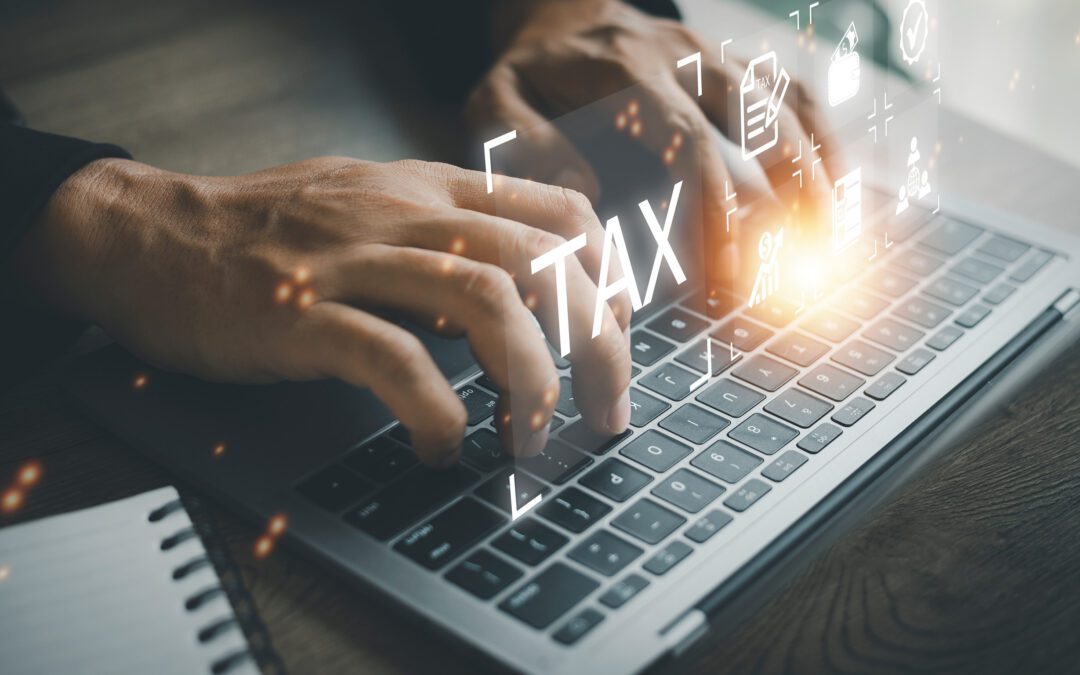Tax preparation is a good choice of business for a motivated entrepreneur. You can be successful without too great of an investment! You can run a tax preparation business as a sole proprietor and even do it from a home office, if you choose.
But if you want to increase your chances of success, you’ve got to invest in yourself. Develop the skills that are required of a professional tax preparer. You can learn these skills on the job. Be mindful of what skills you need to develop, and you can keep working on them even as you run your tax office.
Let’s take a look at the six skills you’ll want to develop to be a professional tax preparer!
1. Time Management
Being successful in business demands high productivity. One of the best ways to ensure good productivity in a tax prep office is to practice great time management.
You need to balance your time between servicing existing clientele, bringing in new clients and handling the many tasks required to run your office. Tasks like payroll management, employee reviews, training and checking your email correspondence.
You should develop standard systems and procedures to manage such tasks with greater efficiency. With a system in place, you won’t have to spend a lot of time figuring out what to do each day. You’ll have a standard response to each task item as it comes up.
It may take some time for you to determine the systems and procedures that your office should adopt. But once these are in place, your office will accomplish tasks more quickly and efficiently. That is sure to boost productivity!
You also want to prioritize certain tasks over others. Good time management involves knowing what tasks should be prioritized. This is a skill that you can learn as you practice tax preparation.
2. Organization
Productivity also depends on good organizational skills. Tax preparers have to handle large volumes of documents and information, IRS forms, client records, email messages and much more.
You can’t be a disorganized tax preparer! If you’re meeting a client, you need to know their details and your recent communications with them. You should be ready to access the tax forms they require and the tax information they will ask about.
Of course, you should have an organized appointment calendar before you schedule a client meeting in the first place! That will prevent any scheduling conflicts.
Then you have to ensure that each client’s tax folder is well organized. The client may provide you with a bunch of tax documents, financial records and other files. You want to make sure that these documents are safe, secure and correctly filed.
Organizational skills are important to develop. But you don’t have to do everything on your own. You’ll want to hire people that will help you with organizational tasks. That’s part of good organization, too! Being able to delegate certain tasks to other people!
3. Customer Service
Tax preparation is a service-oriented business. While it is largely about doing tax returns efficiently and accurately, you don’t stop at simply fulfilling basic obligations. You can’t neglect the customer service part of the experience.
What does that mean? Basically, it means making the customer feel that they are in good hands. Making them feel that they made the right choice in coming to you.
In other words, you want to give them a positive customer experience. And that comes down to how you treat your customers. How you relate to them. Attentiveness is a big part of this. Clients will feel more positively when they sense that you are giving them your full attention.
You’ll want to make customers feel welcome in your office. You’ll want to make them feel that they can rely on you to do a good job for them, and keep all client information confidential.
This does demand people skills that not every tax preparer may have. If you are struggling in this area, you will want to hire people who can do it well.
Whatever you do, don’t neglect customer service. According to one research study by Salesforce, 78% of consumers will give a company return business after a mistake if that company scores high marks in customer service. Great customer service inspires loyalty!
4. Problem Solving
In the tax preparation business, one has to develop a winning mindset. That means viewing problems as challenges, and being driven to find the right solutions. You can’t be a good problem solver if you let yourself get weighed down by negativity and anxiety.
Clients will be looking for you to do their tax returns, which involves figuring out what deductions they can claim and how to claim them (i.e., standard deduction vs. itemized). You’ll have to understand the client’s financial positions very clearly. And you’ll have to know what tax regulations are relevant to their case.
You also need to be prepared to solve problems as a manager. There is no end to the issues that can arise. An employee can make a mistake. A client might miss a payment. A workstation might experience computer issues. A simple tax return may turn out to be a bigger challenge than expected.
Finally, you should review your systems and procedures every once in a while. You may be able to come up with a more efficient and productive way of doing something. Being a good problem solver can help your bottom line!
5. Salesmanship
Tax preparation is a business that involves a lot of face-to-face interaction. Some of that may take place over video calls these days, but it is basically the same deal. You are connecting with a client or a potential client.
There is another dimension to it, however. You are representing your business. Every interaction you have with a client is, in some sense, a sales interaction. You are seeking to influence them into giving you their business… or to continue giving you their business.
Even after you’ve made a sale, you never completely stop being a salesperson! You may have landed a client, but you then need to think about client retention. So you should seek to highlight the benefits of doing business with you every time you interact with your client. Keep up the positive spin!
It goes without saying that you’ll be relying on salesmanship to land any clients in the first place! It’s a vital skill for a tax preparer… or at least their sales team!
6. Software Literacy
Today’s tax preparation offices handle almost everything digitally. Tax returns are completed using professional tax preparation software. Then they are submitted to the IRS electronically—that’s e-filing. Client documents are scanned and delivered electronically. They are stored on computers or on cloud platforms.
Day-to-day office work depends on software tools such as web browsers, word processors, spreadsheets, databases, document managers, digital calendars and messaging apps. Remote office setups have become common. You’ll probably communicate with clients and team members via video conferencing apps such as Zoom, Skype or Slack.
Software literacy has become an important skill for every tax preparer these days. You have to be able to use various programs with confidence and competence. You also need to follow the best digital security practices.
Part of software literacy involves knowing the tools you need to run your tax practice more efficiently. These would include tax office management software like ProClient and professional tax preparation software like UltimateTax. You can try a demo version of the software to give it a whirl before getting a subscription!
Try UltimateTax professional tax preparation software for free—access the demo here!






